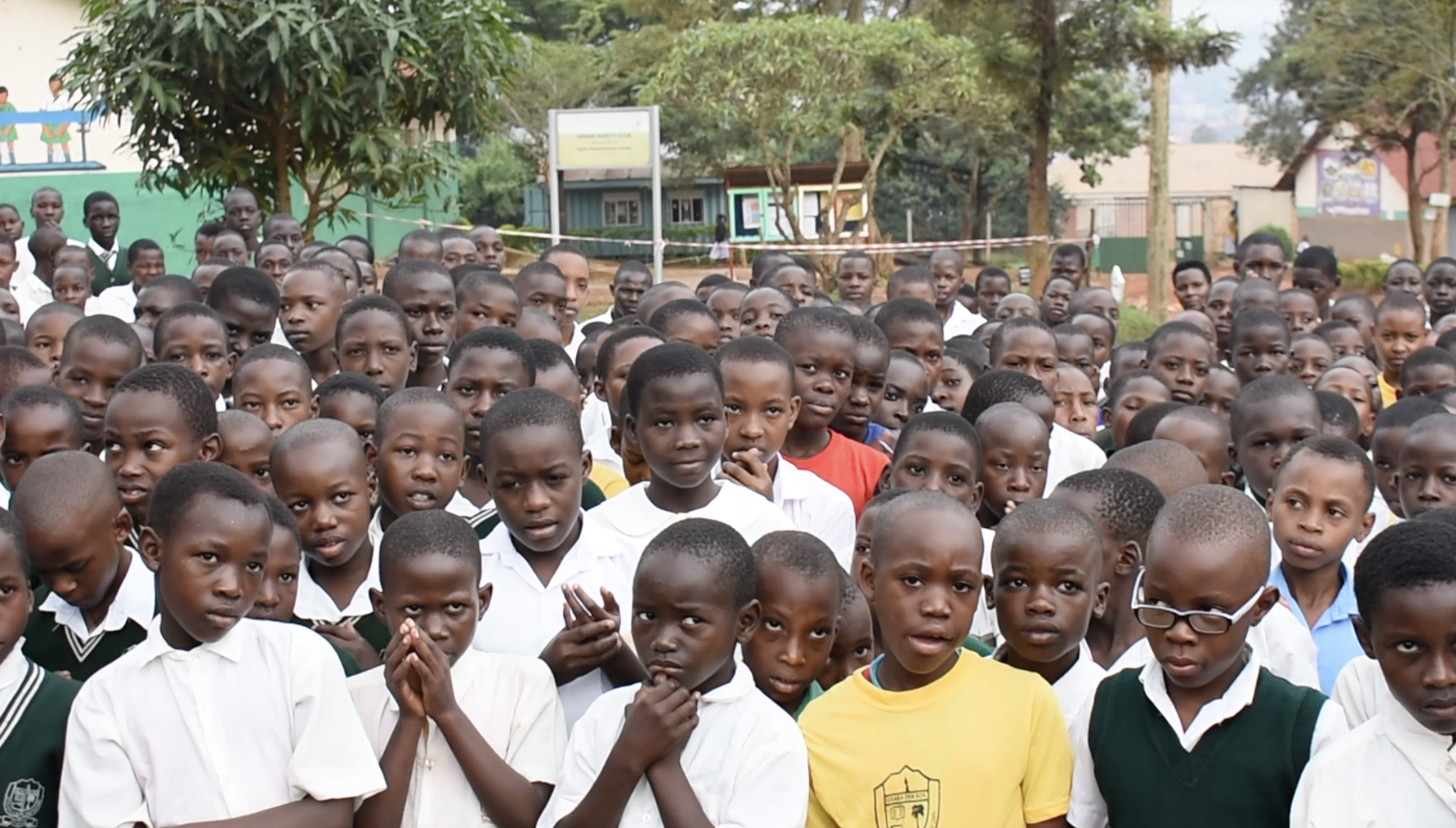
Uganda: A Country of Paradoxes
by: Dodie Flash, Board Member and Sponsor
I visited Uganda in the summer of 2010 as part of a group of professionals led by native Ugandan Dr. Hugo Kamya, social work professor at Simmons School of Social Work and co-founder of The Makula Fund. Hugo is a self-described optimist with more energy than a nuclear power plant, and he is the consummate networker. He has been guiding trips to introduce human service providers and MSW students to the multiple realities of a developing country. It is hard to imagine how this could be done any better.
Hugo somehow manages to convey his own complicated relationship with the homeland he loves, while maintaining a rigorous, but not overwhelming, itinerary with moments of comfort, rest, and reflection. We talked to and danced with workers and clients in clinics, domestic violence programs, microfinance training programs, and children in schools. We had an audience with the chief justice of the Uganda Supreme Court. We swam in an opulent resort and bartered in open-air markets. We breathed the filthy smog from Kampala’s seething tenements that doubled as a regional trash incinerator and inhaled the fresh air of the vast rift valley from the Mweya Safari Lodge, in Queen Elizabeth Park.
The Makula Fund site in the Ggaba community was the heart and soul of the trip, where warmth emanates from Mrs. Immaculate Namakula Kazibwe and the other members of Hugo's family. Here we formed relationships with the children who come to the breakfast club. Every morning we poured porridge from a heavy kettle into their waiting plastic mugs and handed them bread and an egg. Then they would wash out their mugs and go off and play with soccer balls or toys we had brought. Some children, with longer walks, straggled in later.
Among the stragglers was the child I sponsor, Annie (name changed to protect her confidentiality). Annie is a tall and shy fourteen-year-old with a hushed voice. I felt conflicted about introducing myself to her, as though I was somehow demanding her appreciation. When I finally did, she gasped and gave me an impulsive hug. She walks about two miles to the Makula Fund breakfast, club and then about another half mile to school. She appears to struggle in school.
I met Annie's mother, or perhaps it was her grandmother, or somebody else serving as guardian. I never was clear. Their neighborhood is near a major intersection, and it was obvious from the litter on the ground that this was not a good area for children. Annie, in very broken English, seemed to want to get out of the situation. I am working with the Makula Fund to see if she can be moved to the dormitories to board at the primary school she attends. I prefer not to think about what would happen to this girl if the Makula Fund was not there to help.
I have come to summarize my responses to visiting Uganda as ranging from awesome inspiration to haunting despair. The gentle, friendly grace of the people towards us and each other contrasts with the harsh conditions they endure. This country has endured the most vicious brutality people can exact on each other. Ritual human sacrifice is a current problem, and gays and lesbians are heavily stigmatized and subject to violence. How does this happen in a country where there are such exuberant demonstrations of life and faith as we saw repeatedly in our travels?
Many people asked me what the purpose of my trip was, and before the trip, my response was somewhat vague. But after I came home, I realized that such trips are essential to dispel impressions of Americans left by some of our foreign policy and extremist or fundamentalist propaganda. As a clinical social worker, I see the root of my role as helping people accommodate to paradox and loss in their lives. Opportunities to directly facilitate social justice seem more elusive. The Makula Fund helps soften some of Uganda's harshest paradoxes through a personal connection with a small number of children. In turn, these youngsters will multiply our contributions exponentially.
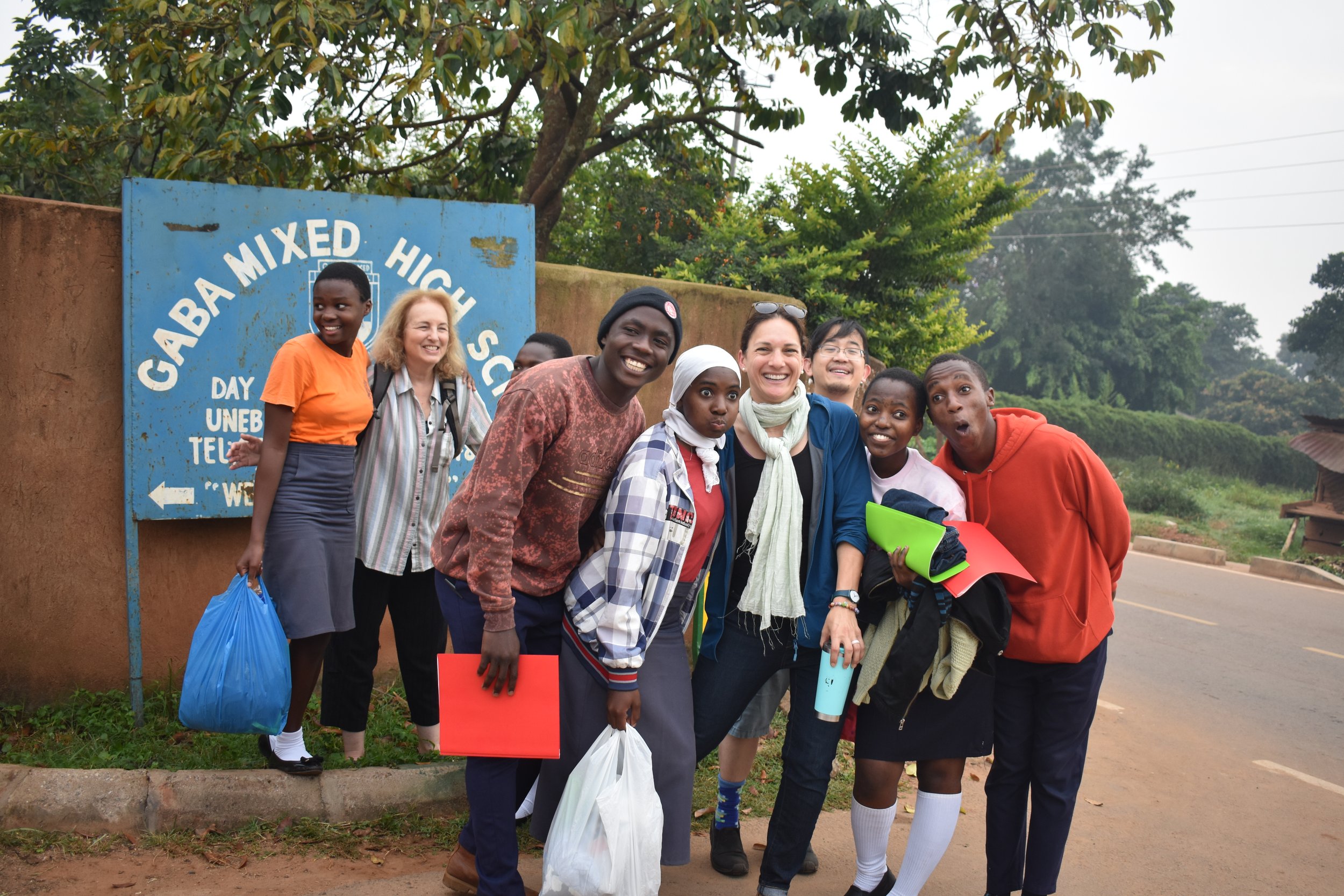
Makula Connections
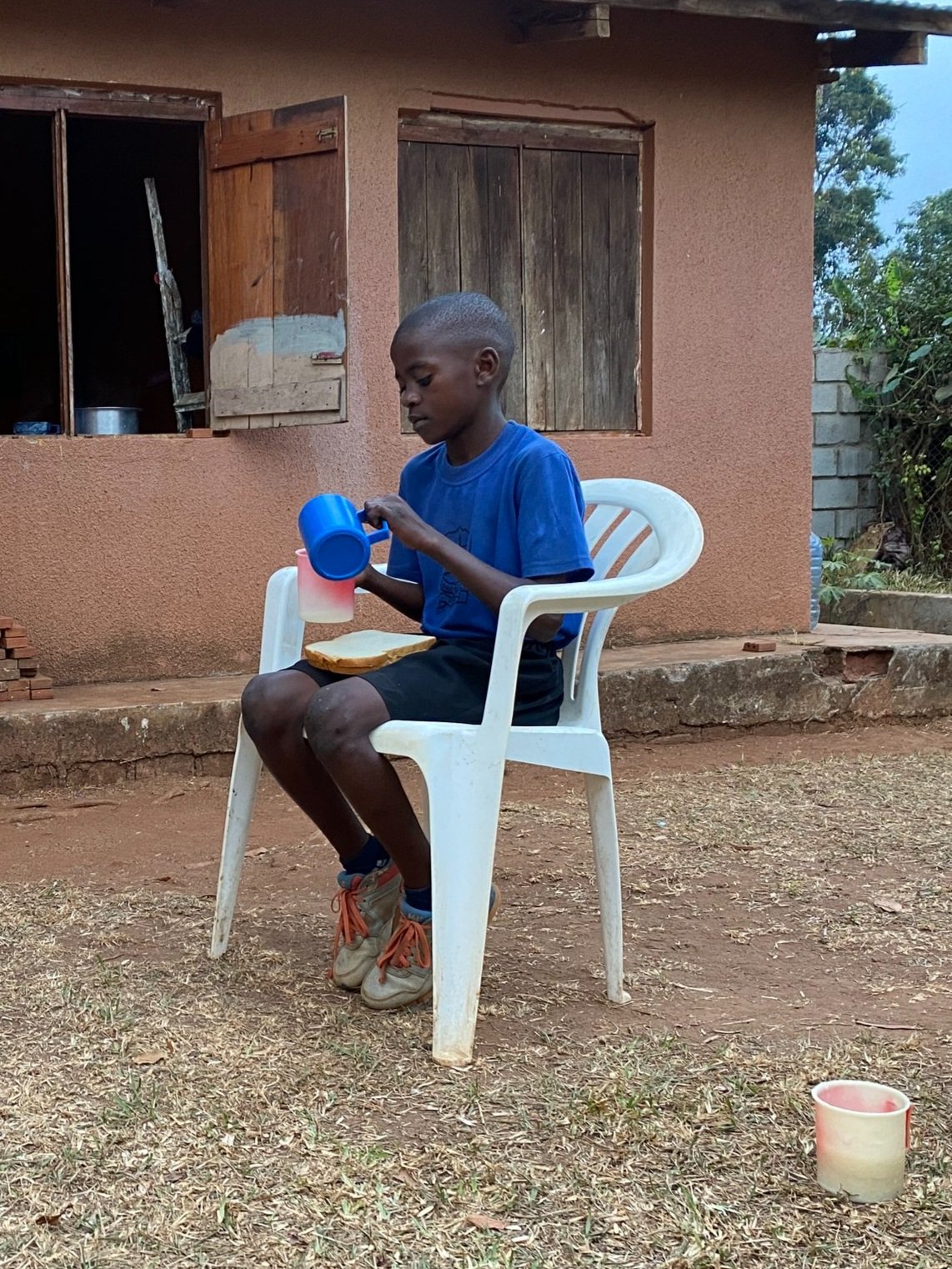
Breakfast Club
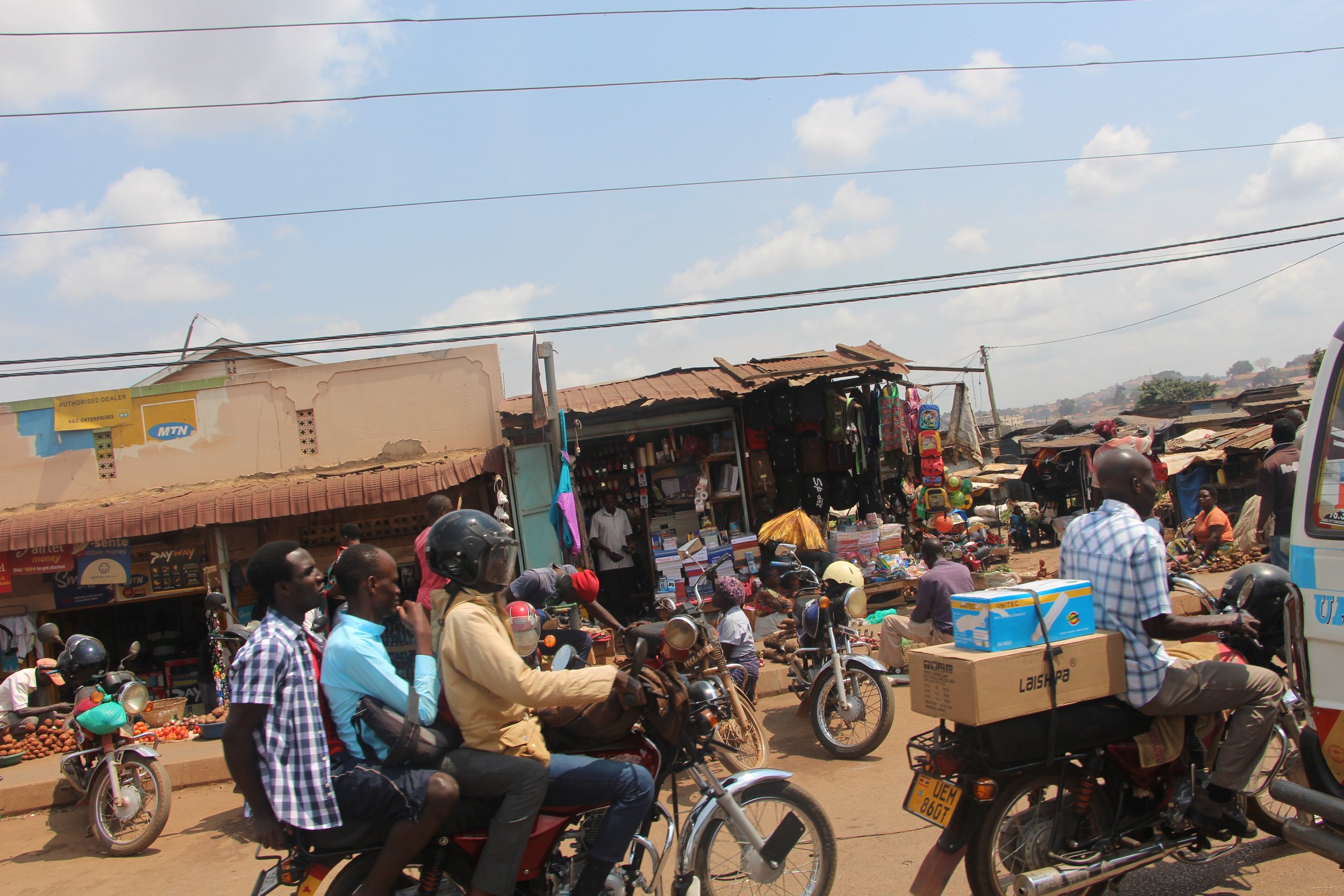
Streets of Kampala
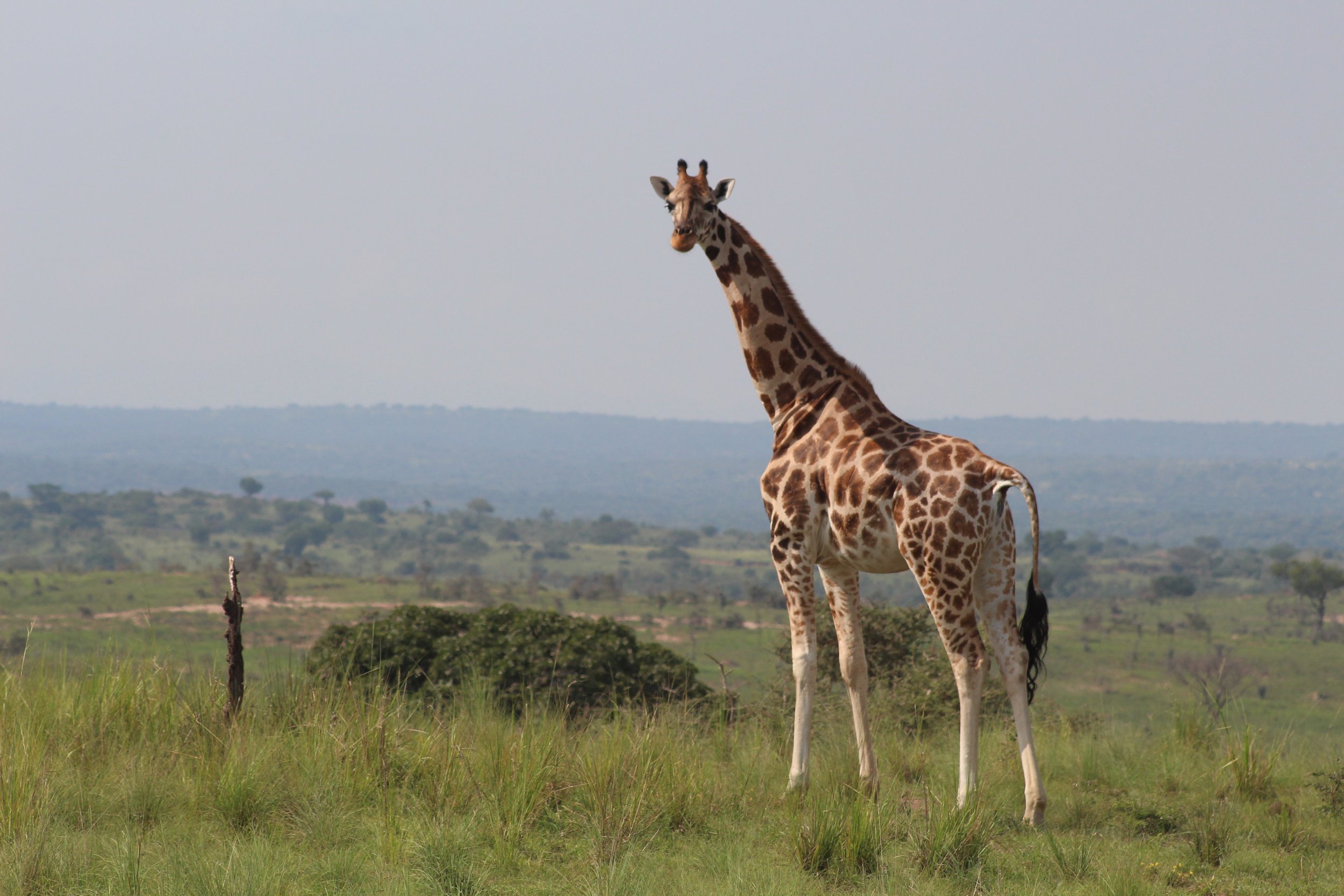
Queen Elizabeth Park
